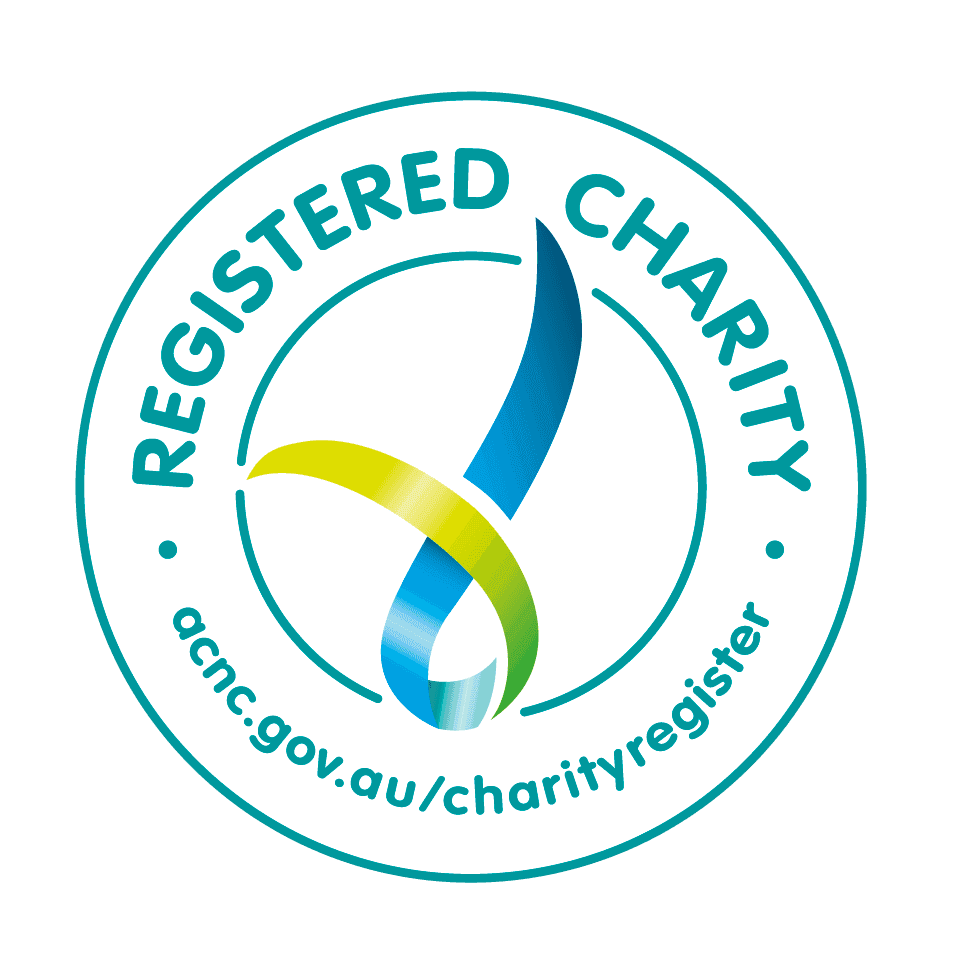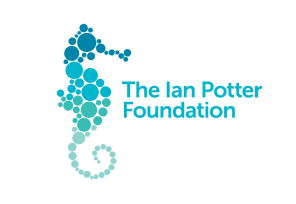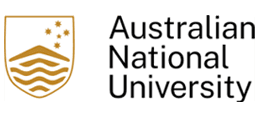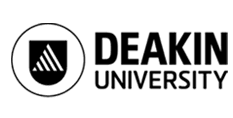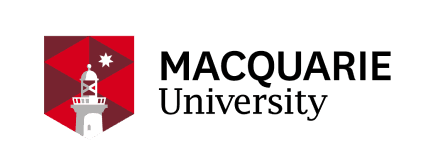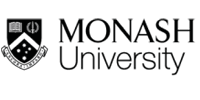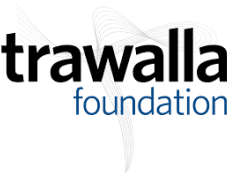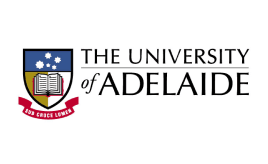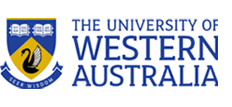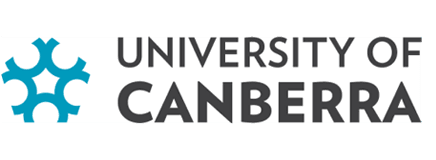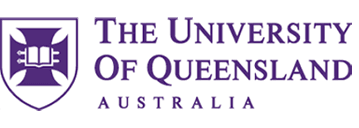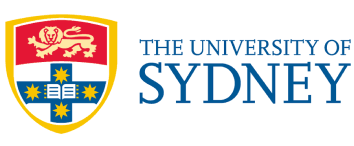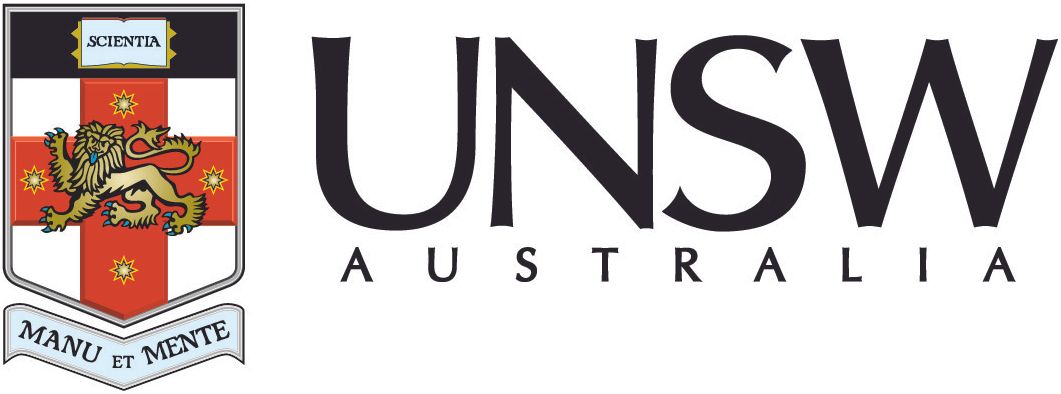Indigenous-led wildlife Research Collection charts a new course for environmental management in Australia
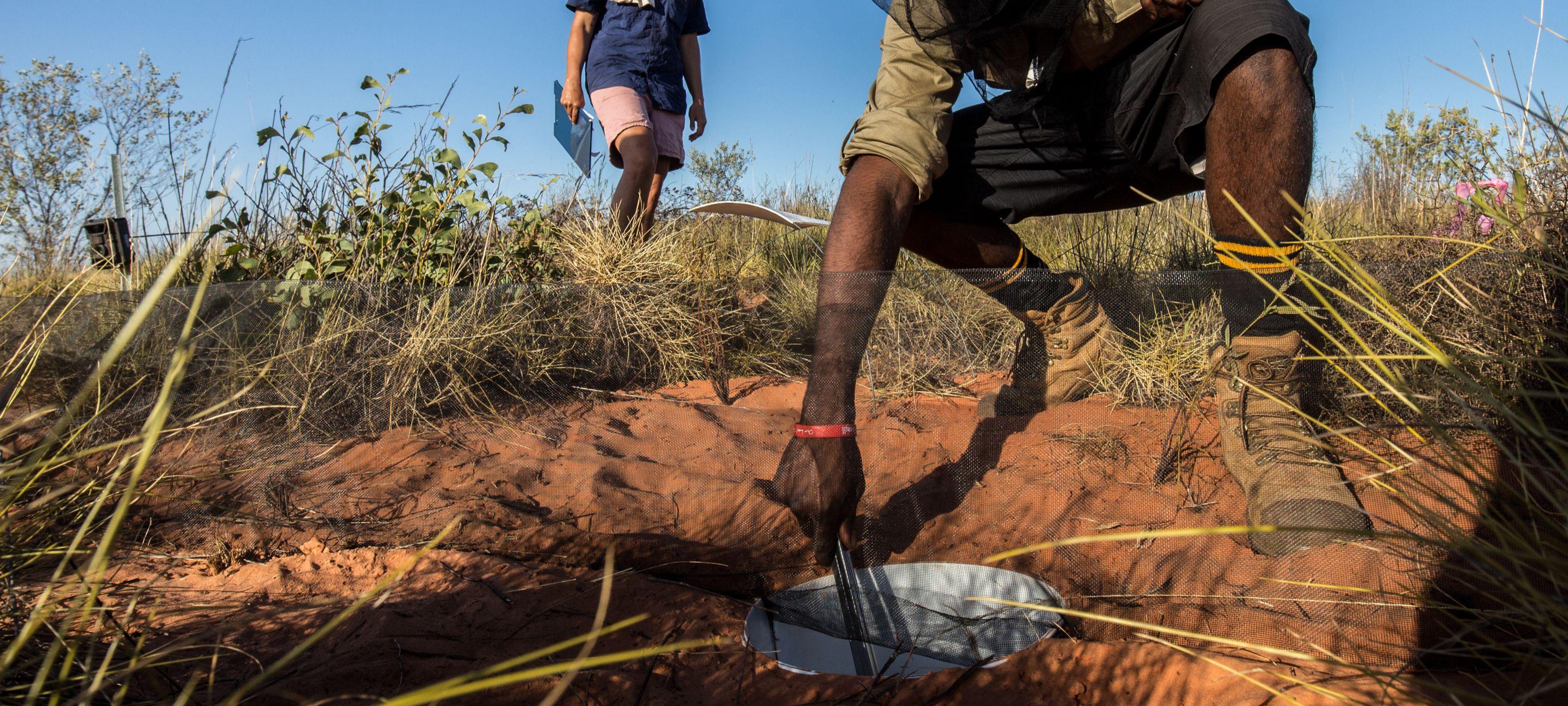
Researchers check a trap to understand how fire affects animals in the Great Sandy Desert, as part of the Pirra Jungka and Pirra Warlu project. Image: Ngurrara Rangers, Ann Jones.
News story
6 November 2025
Indigenous Australians hold unique, deep, spiritual and kinship connections to Country steeped in millennia of observation and cultural practice, making their expertise vital to addressing the declining health of our environment.
Indigenous groups are leading ecological research projects that centre Indigenous research priorities, fuelling a growth in cross-cultural collaborations. These collaborations use a 'right-way' science approach that blends Indigenous knowledge and practices with Western science methodologies.
A new special collection, released in the journal Wildlife Research, published by CSIRO Publishing, showcases some of the amazing Indigenous-led and cross-cultural wildlife research occurring in Australia. The collection emphasises the vital role that Indigenous knowledge and perspectives play in achieving sustainable and culturally appropriate solutions for managing Australia’s natural environment.
Biodiversity Council Co-chief Councillor and Yuin man Dr Jack Pascoe, one of the editors of the special collection, takes us through the importance of the collection and the benefits of collaboration to both Indigenous and non-Indigenous researchers.
“The new collection in Wildlife Research provides a really good opportunity for us to showcase some of the amazing Indigenous-led research around the country,” said Dr Pascoe.
“The research harnesses a ‘right-way’ science approach, which blends the approaches of Indigenous knowledge with Western science methodologies in a respectful way.”
The collection covers a diverse range of research from across Australia, from weaving roosting habitat for the threatened golden-tipped bat on Gumbaynggirr Country in coastal NSW, to using traditional fire-practice knowledge to guide fire-management goals for desert animals led by Karajarri and Ngurrara Rangers in northern WA.
When looking at the Collection as a whole, Dr Pascoe said that three key themes emerged.
“There was what we classified as putting Country first. So these were assertions from mob about how they wanted to care for Country in their own way.
“We also had a lot of projects showing the opportunities for non-Indigenous researchers to work with Indigenous people, such as access to the enormous territories that Indigenous people are responsible for caring for to conduct their work.
“And the final theme was ensuring that these projects are respectful and reciprocal.”
This means partnerships that are based on respect for culture, cultural obligations to care for Country, Traditional Ecological Knowledge, and community aspirations, including adhering to principles of Free, Prior and Informed Consent, safeguarding Indigenous Cultural and Intellectual Property, and ensuring fair representation in authorship and benefit sharing.
Indigenous and non-Indigenous researchers co-presenting at the 2025 International Congress for Conservation Biology in Brisbane. Image: Sarah Legge, ICCB 2025
One welcome change Dr Pascoe said he’s seeing more and more of is the inclusion of Indigenous voices at all stages of the research process.
“Not only are the questions being co-developed with mob and non-Indigenous researchers, they're also involved in the publication stage. So they’re listed as authors on papers and we're seeing more novel ways of incorporating Country as an author as well.
“We’re also starting to see mob co-presenting more regularly on the research. I think that it's really important that mob come as part of the presentation to the research community in the same way that we asked non-Indigenous researchers to go back to communities and present what they've found.”
Dr Pascoe identified a key challenge for the research community moving forward: to better recognise and value the time required for non-Indigenous researchers to develop meaningful relationships with Indigenous communities.
“The key thing with working with Indigenous people is taking time and building relationships.
“Too often, the cycle of a project is around three years, around the length of a PhD project, and really there's not a lot of benefit from the students - Indigenous or non-Indigenous - of forming those strong relationships when they go out to do work.
“In fact, we need to find ways of acknowledging that work and ensuring that it's valued and a part of the research process.”
Partnering and engaging with Traditional Owners in conservation translocations. Source: Wiluna Martu Rangers, Tarlka Matuwa Piarku Aboriginal Corporation
The special collection in Wildlife Research was edited by three Indigenous (Marlee Hutton, Stephen van Leeuwen, Jack Pascoe) and three non-Indigenous scientists (Sarah Legge, Hannah Cliff, Emilie Ens). The collection compiles research being led and co-led by Aṉangu Pitjantjatjara Yankunytjatjara, Bardi Jawi and Oorany Rangers, Birriliburu Rangers, Central Land Council Rangers, Djurrubu Rangers, Eastern Maar Aboriginal Corporation, Gooniyandi Rangers, Gumbaynggirr people, Jawoyn Rangers, Mimal Rangers, Kanyirninpa Jukurrpa (KJ) Martu Rangers, Karajarri Rangers, Kija Rangers, Kimberley Land Council Land and Sea Management Unit, Kiwirrkurra Rangers, Newhaven Warlpiri Rangers, Ngaanyatjarra Council Rangers, Ngurra Kayanta Rangers, Ngurrara Rangers, Ngururrpa Rangers, Nharnuwangga Wajarri Ngarlawangga Warida Rangers, North Tanami Rangers, Nyangumarta Rangers, Nyikina Mangala Rangers, Nyul Nyul Rangers, Parna Ngururrpa Aboriginal Corporation, Paruku Rangers, Pintupi people, Warddeken Rangers, Warru Rangers, Wiluna Martu Rangers, Yawuru Country Managers and Yirralka Rangers.

